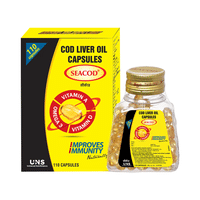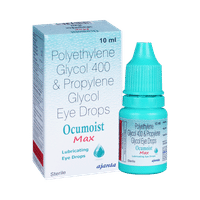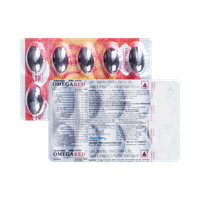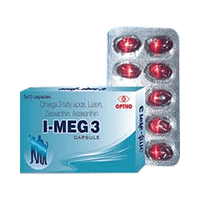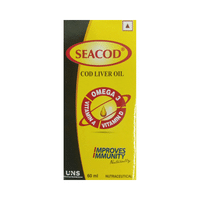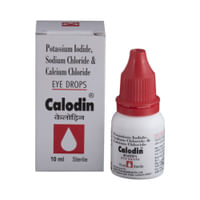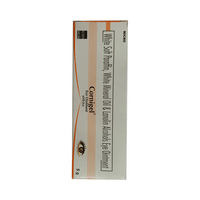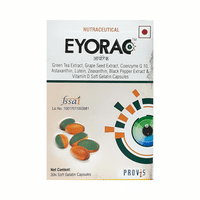Rs.372for 1 bottle(s) (10 ml Eye Drop each)
Hayo Eye Drop માટે આંતરક્રિયાનો ખોરાક
Hayo Eye Drop માટે આંતરક્રિયાનો આલ્કોહોલ
Hayo Eye Drop માટે આંતરક્રિયાનો સગર્ભાવસ્થા
Hayo Eye Drop માટે આંતરક્રિયાનો સ્તનપાન
ખોરાક
આલ્કોહોલ
સગર્ભાવસ્થા
સ્તનપાન
No interaction found/established
No interaction found/established
Hayo Eye Drop is generally considered safe to use during pregnancy. Animal studies have shown low or no adverse effects to the developing baby; however, there are limited human studies.
SAFE IF PRESCRIBED
Hayo Eye Drop is probably safe to use during breastfeeding. Limited human data suggests that the drug does not represent any significant risk to the baby.
SAFE IF PRESCRIBED
Hayo 1.8mg/ml Eye Drop માટે સોલ્ટની માહિતી
Sodium Hyaluronate(1.8mg/ml)
Hayo eye drop ઉપયોગ
{med_name} is used in the treatment of dry eyes.
Hayo eye drop કેવી રીતે કાર્ય કરે
Hayo Eye Drop is a lubricant. It moistens the eyes and provides temporary relief from burning and discomfort.
Hayo eye drop ની સામાન્ય આડઅસરો
Limited data available
Hayo Eye Drop માટે સબસ્ટિટ્યુટ
2 સબસ્ટિટ્યુટ
2 સબસ્ટિટ્યુટ
Sorted By
 Rs. 320pay 59% more per ml of Eye Drop
Rs. 320pay 59% more per ml of Eye Drop Rs. 550pay 37% more per ml of Eye Drop
Rs. 550pay 37% more per ml of Eye Drop
Hayo Eye Drop માટે નિષ્ણાતની સલાહ
- Your doctor has prescribed Sodium Hyaluronate to treat dry eye disease.
- It stabilizes the natural tear film and maintains necessary lubrication so your eyes don’t get dry and irritated.
- May require long-term use.
- Apply pressure on the corner of the eye (close to the nose) for about 1 minute immediately after instilling the drop.
- Wait for at least 5-10 minutes before delivering the next medication in the same eye to avoid dilution.
- Stinging sensation may occur for 1-2 mins. Notify your doctor if it persists for longer.
Hayo 1.8mg/ml Eye Drop માટે વારંવાર પૂછાતાં પ્રશ્નો
Sodium Hyaluronate
Q. Can Hayo Eye Drop blur the vision?
Yes, some patients may experience blurring of vision, but it is temporary and passes away quickly. It is recommended that after instilling the eye drops, blink your eyes several times to spread it over the eye surface.
Q. I wear contact lenses, can I use Hayo Eye Drop?
Yes, Hayo Eye Drop can be used with contact lenses. However, your doctor will tell you whether you can use eye drops while wearing the contact lenses or you need to take out contact lenses and then instil the drops.
Q. How long do I need to use Hayo Eye Drop?
Continue using Hayo Eye Drop as long as your doctor has recommended. The time duration will depend on your eye condition. It can be used for an extended period of time, if required.













